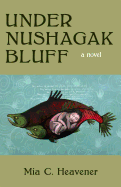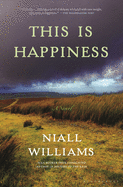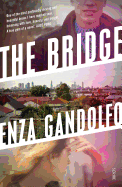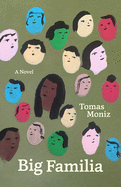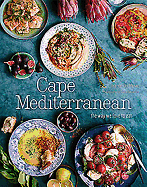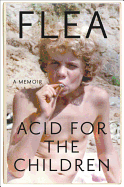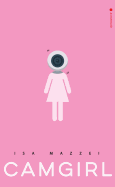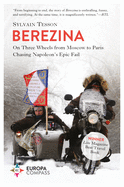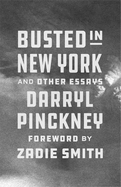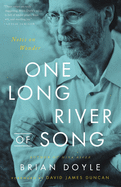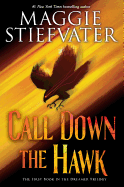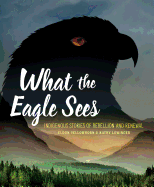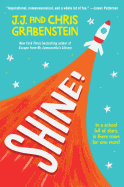_Shay_O_Brien.jpg) |
| photo: Shay O'Brien |
Shannon Pufahl grew up in rural Kansas. She teaches at Stanford University, where she was a Stegner Fellow in fiction. Her essays have appeared in the Threepenny Review and elsewhere, on topics ranging from John Brown and the antebellum Midwest to personal memoir. She lives in the Bay Area with her wife and their dog. On Swift Horses (Riverhead, $27) is her first novel.
On your nightstand now:
Scratched: A Memoir of Perfectionism by Elizabeth Tallent, one of the best, most challenging and wholly brilliant memoirs I've ever read. Also, Olga Tokarczuk's Drive Your Plow over the Bones of the Dead and Animalia by Jean-Baptiste Del Amo.
Both of the latter remind me of the great and connective work done by translators. Animalia in particular, because it is not just literally translated from the French by Frank Wynne, but also, in its scope and ambition, an attempt to describe both the terrible changes wrought by capitalism and the largely silent but very profound relationship between humans and animals. It gets at what I think is the most important fact facing humans, in the 21st century: we are not separate from the world or the other creatures in it. Having disproportionate power is not the same as being sovereign, and certainly offers no real protection.
Favorite book when you were a child:
As a child, I was skeptical of the talky first-person YA books I mostly encountered, about the human process of "growing up." I loved instead those books, which proliferated in the U.S. through the first half of the 20th century, about children's relationships with animals. My late father read Rutherford Montgomery's Yellow Eyes (about a mountain lion) to my sister and me before bed every night during a particularly snowy December (he worked outside, and snow meant staying home), and this is one of the best things that ever happened in my life.
Walt Morey's Gentle Ben (about an Alaskan grizzly and the boy who loves him), Marjorie Kinnan Rawlings's The Yearling, Wilson Rawls's Where the Red Fern Grows and Marguerite Henry's Misty of Chincoteague were special favorites. These were mostly books about boys, but unlike westerns, odyssey stories or other epics, they did not depict relationships or adventures that seemed exclusive to, or only possible for, boys. They rendered childhood in a way that suggested the most important connections were not with the social world (which I feared and mistrusted, and which was dominated by men) but the natural world, which anyone might access.
Your top five authors:
Annie Dillard, Marilynne Robinson, James Baldwin, Charles Johnson, Richard Powers. (I'm going to sneak in Edward P. Jones.)
All these writers accomplish something rare and beautiful in their work, which is the acknowledgement of the vital importance of the social/political world, alongside the undeniable presence of the divine, which puts the social world in necessary perspective. They all have very different approaches to this--and do not define the divine in the way we might think, as pious, godly or even spiritual, but as a careful and abiding attention to the details of life and of history.
Book you've faked reading:
The Bible. Because not all of it is real.
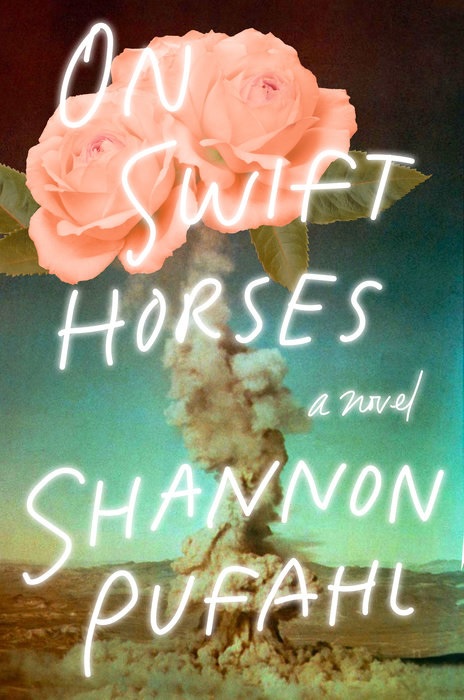 Book you're an evangelist for:
Book you're an evangelist for:
The Crossing by Andrew Miller. Miller is an amazing prose stylist, underrated in general and especially in the U.S. The Crossing is about a woman of such inscrutable psychology that she is believed to be incapable of love. The book is divided into two very different sections, and what it accomplishes as a novel--that is, as a form--is mesmerizing. What it accomplishes as a correction to women's presumed responsibility to be visible and knowable is revolutionary.
Book you've bought for the cover:
The Word for Woman Is Wilderness by Abi Andrews. It also happens to be phenomenal, strange, moving and deliriously smart on the inside.
Book you hid from your parents:
Judy Grahn's Another Mother Tongue: Gay Words, Gay Worlds--I checked this out from the Topeka Public Library (thank you librarians everywhere!) c. 1995 and learned I had people. I learned, too, that lesbianism might be a radical act of defiance, and not only (or merely) a sexual object choice, and in that way it could be a liberation rather than a deviance. To my parents' great credit, hiding this book was hardly necessary--and done rather poorly, since I took it to my sister's volleyball tournament in Sabetha, Kan., and read it openly, but with the cover violently folded over (sorry librarians everywhere).
And while my parents may not have understood everything about what the book meant to me, they understood that I was someone who needed both support and privacy. What a tricky mixture that must have been for parents to offer a teenager. But they did, and allowing me my inept secrecy was one of the most important ways they gave me my freedom without ever abandoning me.
Book that changed your life:
Every good book has changed my life in some way. Reading is an act of openness to this possibility.
Favorite line from a book:
"So whatever we may lose, very craving gives it back to us again." --from Marilynne Robinson's Housekeeping.
I think about this all the time. The way the imagination offers us everything but the material act of touch, and is, in this way, a stay against loss and despair.
Five books you'll never part with:
SIX, sorry!! Michael Ondaatje's The English Patient; James Baldwin's Notes of a Native Son; Annie Proulx's The Shipping News; Edward P. Jones's The Known World; Marilynne Robinson's Housekeeping; Cormac McCarthy's Blood Meridian.
In times of strife or great happiness, any one of these books offers to me--still, continually--an insight or a new way of seeing. Great joy is as disruptive as great sorrow, and these books know that.
They are also more structurally and stylistically complex than their general readability would indicate. I read them over and over for the most brilliant instruction in the writing of books.
Book you most want to read again for the first time:
The Love of a Good Woman by Alice Munro. Though in many ways, reading Munro is always to encounter something for the first time. There is such density and insight in her stories, such efficient use of the most complex language, that every re-reading offers a surprise, or a deepening of character and understanding. The title story, which is truly a masterpiece of short fiction, does with temporality, point of view and suspense what even the very best novelists can only hope to achieve with more tools and time.
Books and writers central to your life but not yet invoked by this questionnaire:
Zami: A New Spelling of My Name by Audre Lorde
Exit West by Mohsin Hamid
Tonight No Poetry Will Serve by Adrienne Rich
Borderlands/La Frontera by Gloria Anzaldúa
Zigzagger by Manuel Muñoz
Counternarratives by John Keene
Love, Death, and the Changing of the Seasons by Marilyn Hacker
Pussy, King of the Pirates by Kathy Acker
Leaves of Grass by Walt Whitman
The Beautiful Things That Heaven Bears by Dinaw Mengestu
The Tsar of Love and Techno by Anthony Marra
The Lazarus Project by Aleksandar Hemon
Not One Day by Anne Garréta
Song of Solomon by Toni Morrison
Their Eyes Were Watching God by Zora Neale Hurston
As ever: Virginia Woolf, William Faulkner, Jorge Luis Borges.
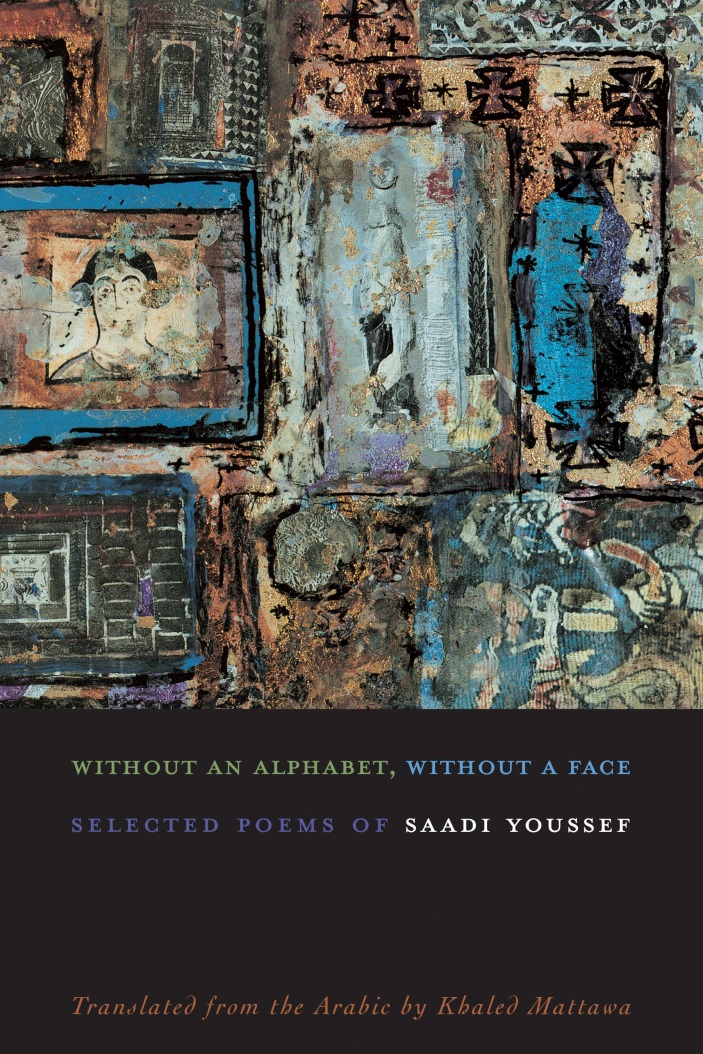 A recent visit to central Iraq's magnificent holy shrines inspired me to explore that country's recent history from the perspective of the poets and writers who call it home. Born near Basra, Saadi Youssef is one of the world's greatest living artists writing in Arabic. He fled his homeland under political duress in the 1970s, a trauma that inspired heart-wrenching poetry. Without an Alphabet, Without a Name (Graywolf Press, $16) is a shimmering collection of Youssef's work composed while he moved through the Middle East to Africa and then Europe in a series of forced departures. He celebrates the essential joys of Iraqi life while realizing that the vibrant country of his memory no longer exists.
A recent visit to central Iraq's magnificent holy shrines inspired me to explore that country's recent history from the perspective of the poets and writers who call it home. Born near Basra, Saadi Youssef is one of the world's greatest living artists writing in Arabic. He fled his homeland under political duress in the 1970s, a trauma that inspired heart-wrenching poetry. Without an Alphabet, Without a Name (Graywolf Press, $16) is a shimmering collection of Youssef's work composed while he moved through the Middle East to Africa and then Europe in a series of forced departures. He celebrates the essential joys of Iraqi life while realizing that the vibrant country of his memory no longer exists.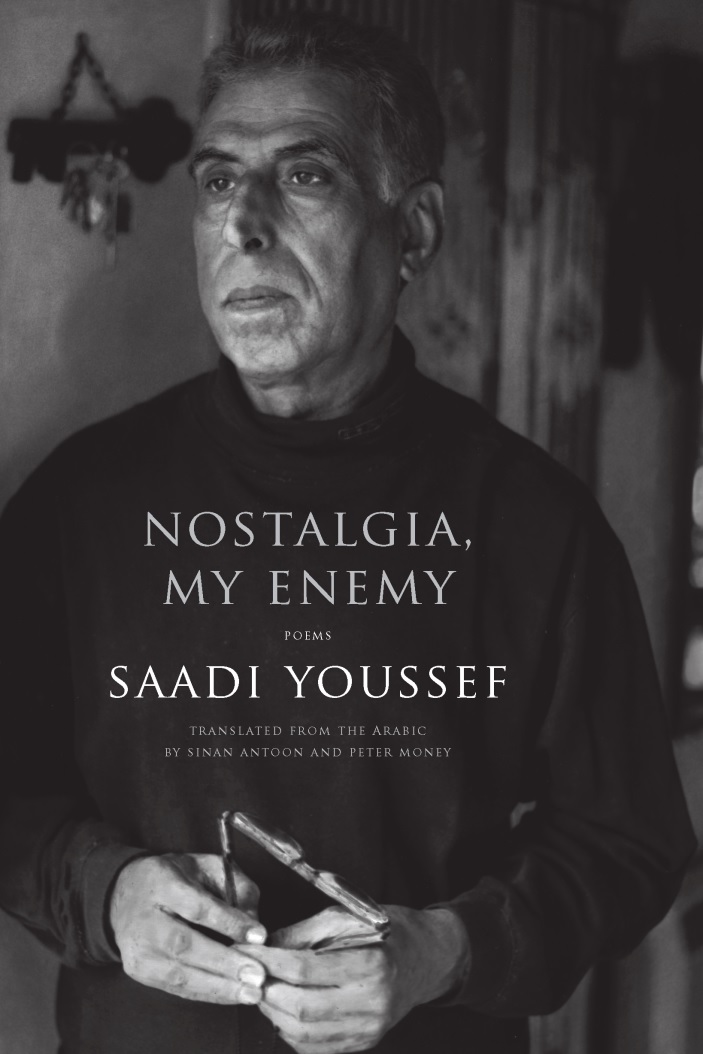 The once-abundant date palm trees of Youssef's childhood feature in Nostalgia, My Enemy (Graywolf Press, $15), a mesmerizing blend of meditative pieces and sharply observant poems recalling the beauty and destruction of modern Iraq.
The once-abundant date palm trees of Youssef's childhood feature in Nostalgia, My Enemy (Graywolf Press, $15), a mesmerizing blend of meditative pieces and sharply observant poems recalling the beauty and destruction of modern Iraq.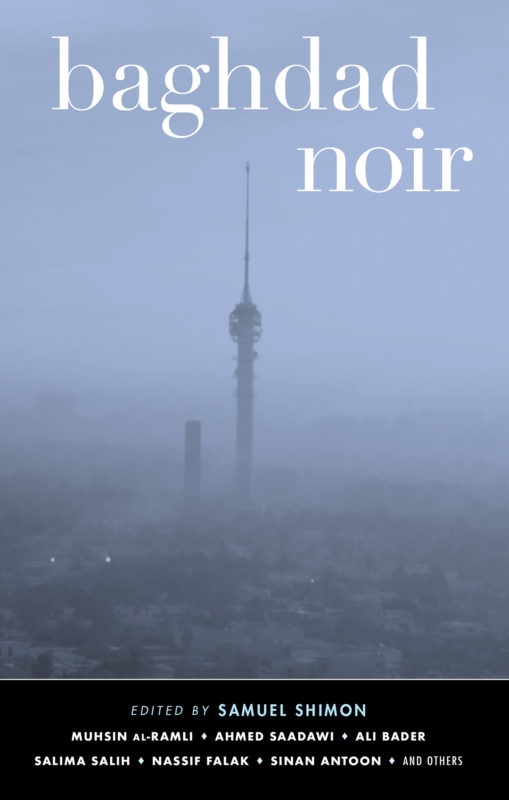 Baghdad Noir, edited by Samuel Shimon as part of the Akashic Noir series ($15.95), is an anthology of crime stories exploring contemporary life in the capital city, and the effect of Sadaam Hussein's regime, U.N. sanctions, the fracturing of Iraqi society during U.S. occupation and the war waged by ISIS. In true noir fashion, these stories are tantalizing whodunnits that reveal the daily struggles of regular people against the surreal backdrop of kidnappings and car bombs.
Baghdad Noir, edited by Samuel Shimon as part of the Akashic Noir series ($15.95), is an anthology of crime stories exploring contemporary life in the capital city, and the effect of Sadaam Hussein's regime, U.N. sanctions, the fracturing of Iraqi society during U.S. occupation and the war waged by ISIS. In true noir fashion, these stories are tantalizing whodunnits that reveal the daily struggles of regular people against the surreal backdrop of kidnappings and car bombs.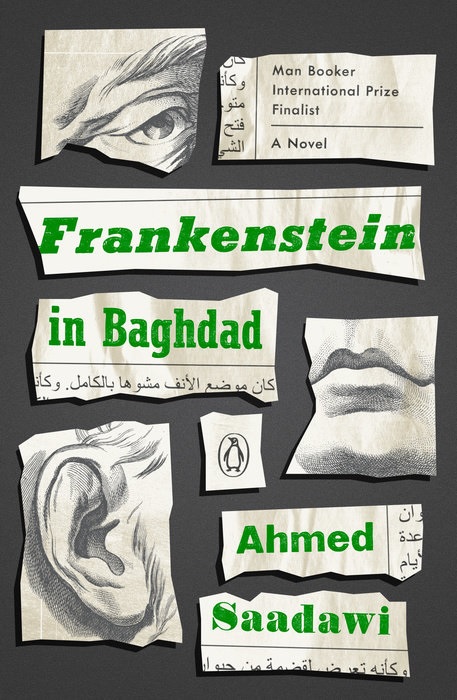 The horrors of the Iraq war, as endured by Baghdad's residents, are confronted head-on in Frankenstein in Baghdad by master storyteller Ahmed Saadawi (Penguin, $17). It's a heady blend of thriller and dark humor, a story that confronts the staggering monster representing man's desire for revenge. --Shahina Piyarali, writer and reviewer
The horrors of the Iraq war, as endured by Baghdad's residents, are confronted head-on in Frankenstein in Baghdad by master storyteller Ahmed Saadawi (Penguin, $17). It's a heady blend of thriller and dark humor, a story that confronts the staggering monster representing man's desire for revenge. --Shahina Piyarali, writer and reviewer


_Shay_O_Brien.jpg)
 Book you're an evangelist for:
Book you're an evangelist for: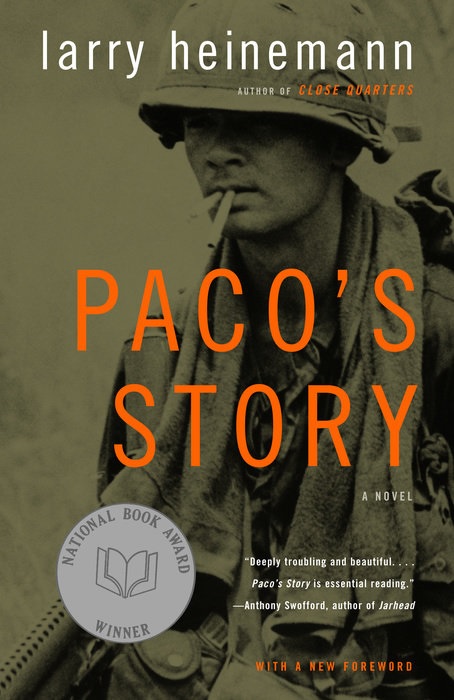 Larry Heinemann, a Vietnam veteran whose combat and postwar experiences inspired two novels and a memoir, died last week at age 75. Born and raised in Chicago, Heinemann was drafted into a combat tour with the 25th Infantry Division between 1967-68. He graduated from Columbia College Chicago in 1971 and taught creative writing there while composing his first novel. Close Quarters (1977) follows an ordinary soldier as he experiences the horrors of the Vietnam War, becoming both victim and victimizer. On Twitter, author Viet Thanh Nguyen wrote: "I hated Larry Heinemann's Close Quarters. It scarred me for life, the way it depicted the brutalization of Vietnamese people, especially women. Then I re-read the novel as an adult trying to be a writer, and I realized Larry Heinemann was right. War is brutal and literature has no business making us feel better about it and what it does to soldiers and what soldiers do to the enemy and to civilians and the cost of all this for soldiers themselves."
Larry Heinemann, a Vietnam veteran whose combat and postwar experiences inspired two novels and a memoir, died last week at age 75. Born and raised in Chicago, Heinemann was drafted into a combat tour with the 25th Infantry Division between 1967-68. He graduated from Columbia College Chicago in 1971 and taught creative writing there while composing his first novel. Close Quarters (1977) follows an ordinary soldier as he experiences the horrors of the Vietnam War, becoming both victim and victimizer. On Twitter, author Viet Thanh Nguyen wrote: "I hated Larry Heinemann's Close Quarters. It scarred me for life, the way it depicted the brutalization of Vietnamese people, especially women. Then I re-read the novel as an adult trying to be a writer, and I realized Larry Heinemann was right. War is brutal and literature has no business making us feel better about it and what it does to soldiers and what soldiers do to the enemy and to civilians and the cost of all this for soldiers themselves."